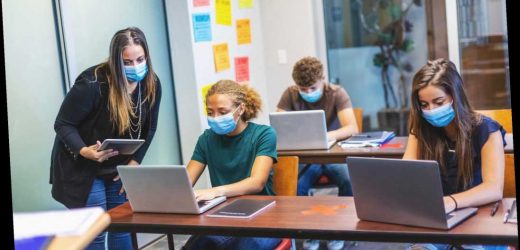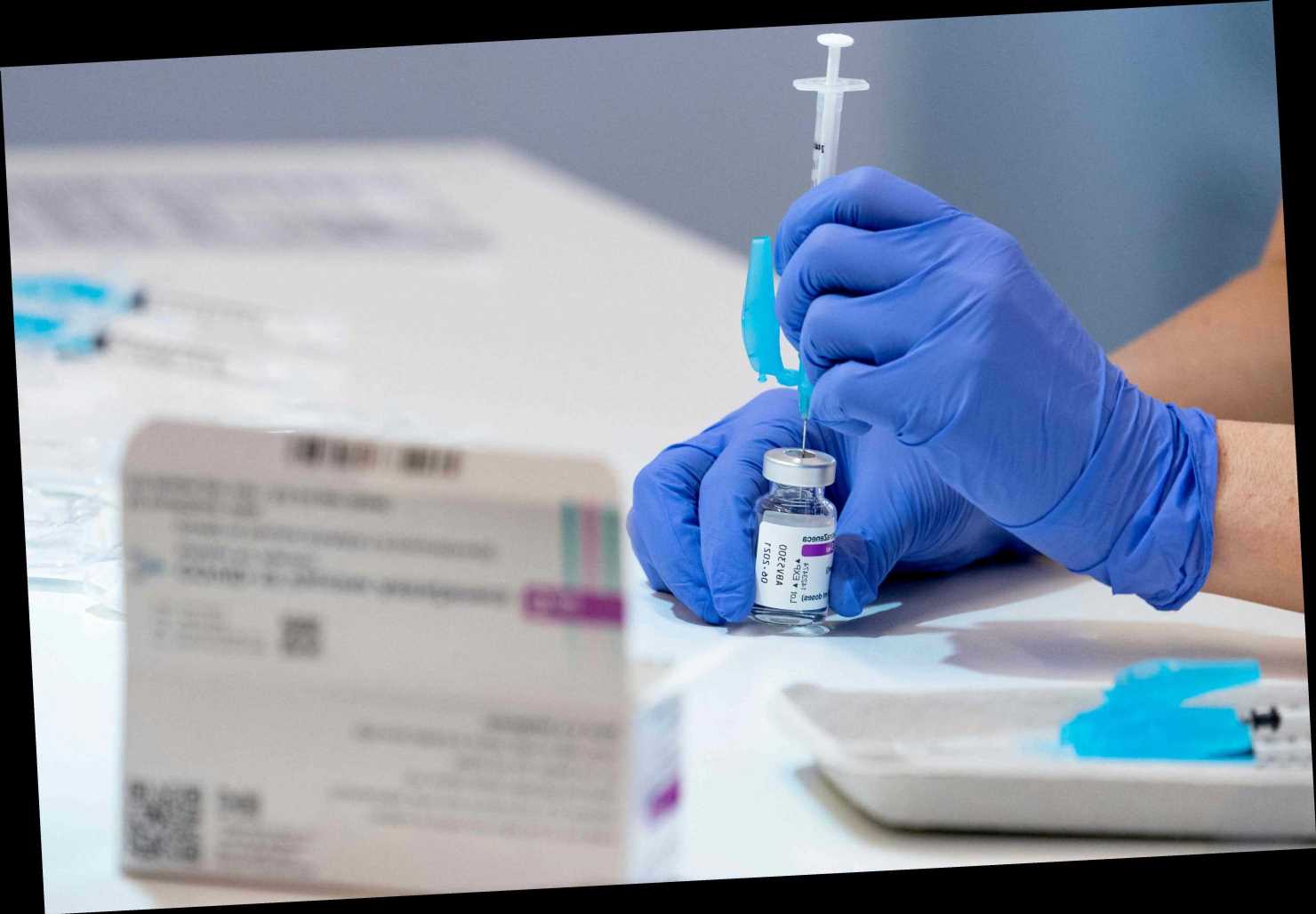THE number of people testing positive for Covid each day is at its lowest rate since late September.
A further 5,177 Brits have been diagnosed with the infection in the past 24 hours – the lowest rate since the autumn. It's also a drop of 14 per cent on last Sunday, when 6,035 tested positive.
? Read our coronavirus live blog for the latest news & updates…
The UK's death toll hasn't yet been revealed yet after 'processing issues'.
It comes as lockdown and the UK's jabs roll-out force new cases down – and will raises hopes Brits are past the darkest time of the virus.
A further 90 people aged between 34 and 97 died in hospitals in England. Three of the patients, who were aged between 54 and 87, had no known underlying health condition.
The Midlands – currently England's hardest-hit region – recorded 30 fatalities, while 23 people died in the North East and Yorkshire, 17 in the South East and seven in the North West.
In London – previously the epicentre of the second wave – six people lost their lives, while five died in the East and two in the South West.
Three people died in Northern Ireland, while in Wales, 18 more died.
Scotland has recorded no new deaths.
It comes as:
- Summer holidays may be cut and and the school day extended, Gavin Williamson says
- Schools should stay open even if the R rate rises – because the jabs roll-out means fewer people will be hospitalised or die, a Government adviser says
- The EU has begged the US to send AstraZeneca jabs as it plays catch-up with the UK
- A loophole means pubs without a beer garden can still open to punters on April 12
- Almost a million people have arrived in the UK since the discovery of a mutant strain of Covid
Meanwhile, schools across the country are set to throw their doors open tomorrow as youngsters return to class for the first time since early January.
All youngsters in secondary schools, as well as teachers and support staff, are advised to wear masks from tomorrow.
The coverings should stay on in classes, as well as during breaks and when children pack up to leave school grounds.
No requirement is in place for primary schools, although teachers have been advised to wear masks "where possible".
However, education chiefs say they hope the measure will be gone by the summer term.
Amanda Spielman, the chief executive of Ofsted, said Brit youngsters are "adaptable and flexible" – but added: "We've been told the face mask guidance will be reviewed at Easter.
"I love the idea of children being able to come back in the summer term able to see everybody fully."
Education Secretary Gavin Williamson said masks are a "temporary" measure – and argued the Government is already keeping kids safe.
Just 0.2 per cent of pupils tested positive for Covid between September and Christmas, he said.
But Government adviser Dr Susan Hopkins, of Public Health England, said last year's return to class caused a huge spike in cases.
Asked by the BBC's Andrew Marr whether the masks are necessary when evidence shows teachers are no more likely to fall seriously ill or die "than anyone else is", she replied: "In late November and early December, there were rapid rises, particularly in secondary school age children, that were associated with the variant that emerged in Kent."
However said masks will be "kept under review".
The Prime Minister has insisted kids are more at risk from missing out on learning and staying home than than they are from Covid in the classroom.
He said tomorrow will be “the first big step of the roadmap that we hope is a roadmap to freedom and it’s made possible by the rollout of the vaccination programme.”
Elsewhere, Mr Williamson gave the clearest hint yet summer holidays could be slashed – and the school day made longer.
The embattled minister, who has the lowest rating of Boris Johnson's cabinet, said the idea was being reviewed by the Government’s education catch-up tsar Sir Kevan Collins in the wake of the coronavirus pandemic.
Asked about the plans by Sky's Sophy Ridge, he said: "It's whole range of different proposals, the five-term year, lengthening of the school day, but also enhancing support to teachers and making sure they can be the very best of themselves."
Pressed on summer holidays, he said: "We're looking at holidays, we're looking at the length of school day, a whole range of measures.
"We're asked Sir Kevan Collins to leave no stone unturned."
And he likened the potential changes to the 1944 Education Reform Act, enforced after the Second World War.
"How we can be transformative in terms of changing and improving for young people?" he said.
"What will have biggest possible impact?
"That's approach we're taking."
Source: Read Full Article






